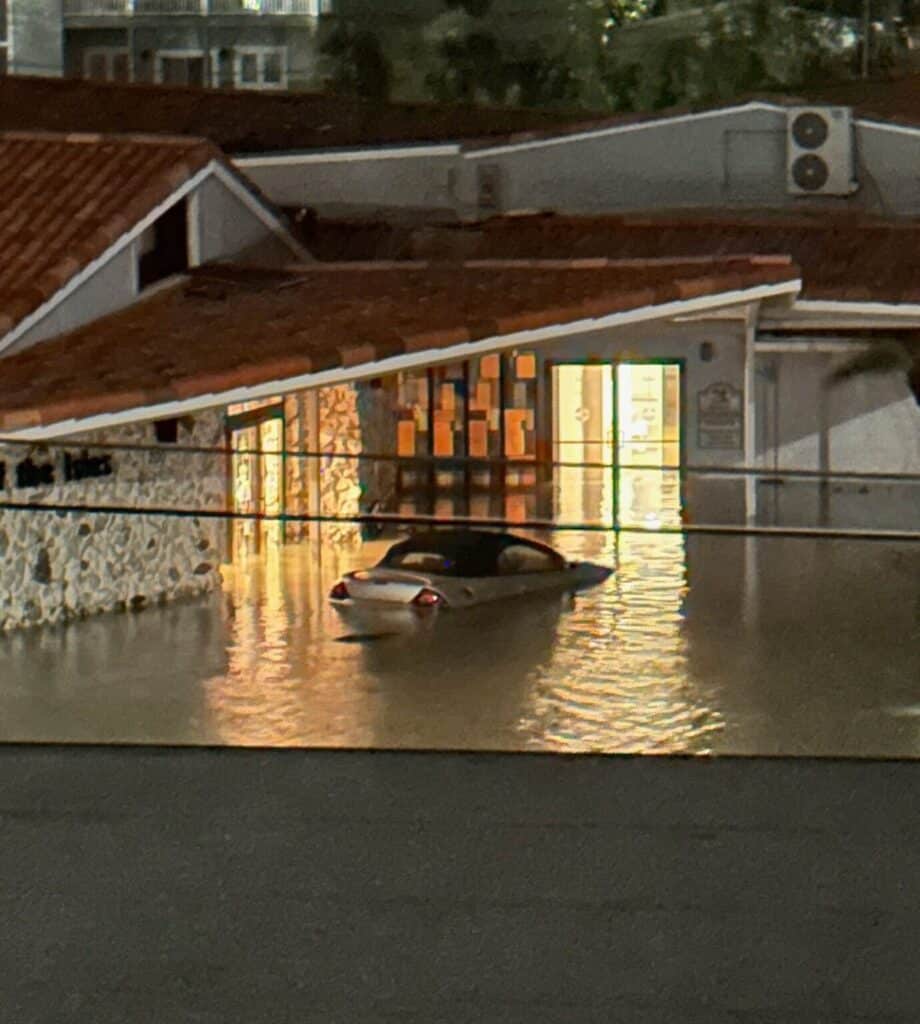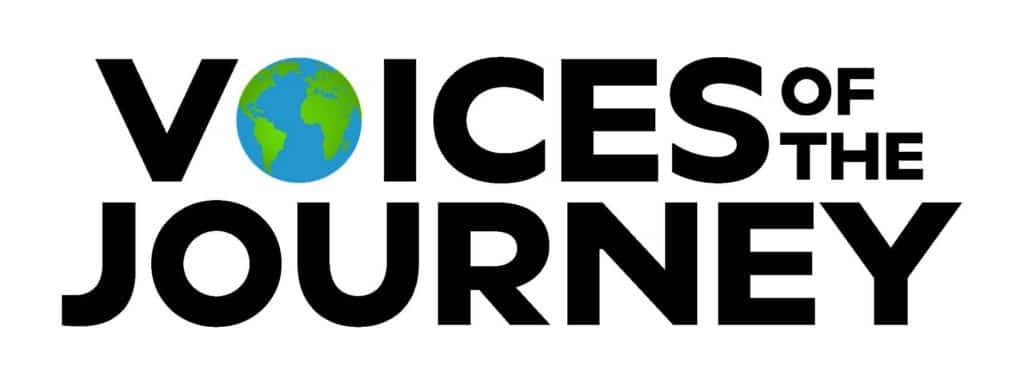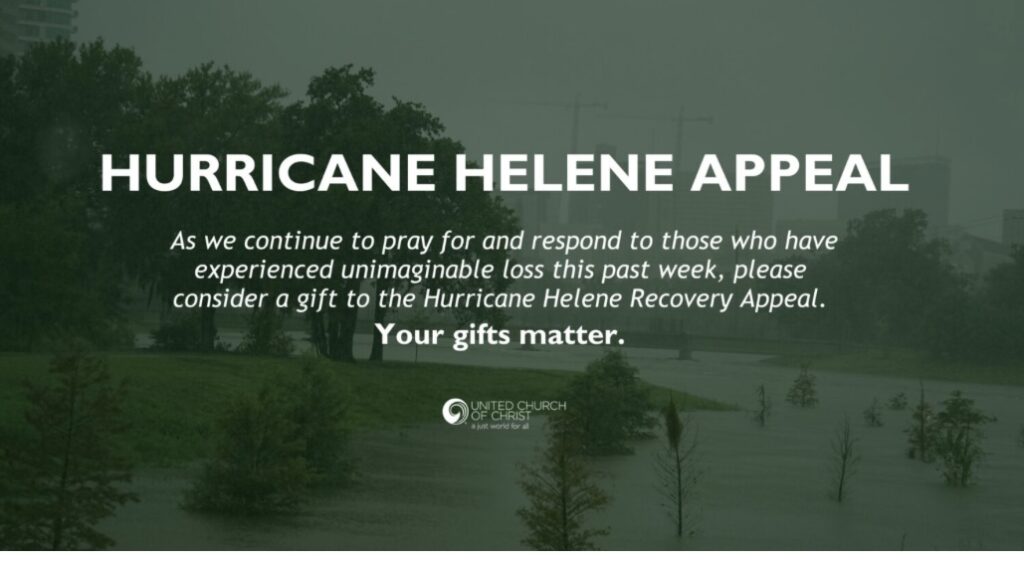A Disaster Survivor’s Lessons Learned
The devastation wrought by Hurricane Helene across multiple states is gut-wrenching. The images we’ve seen of communities completely overwhelmed by water, structures obliterated, and people overcome by shock and grief are horrendous.

Upwards of 130 lives have been lost to the storm and those who survived are now subject to futures unlike anything they ever imagined. The Category 4 hurricane carved a path of destruction that will require years of re-building and emotional recovery.
Our first impulse is one of compassion. We want to respond to it, fix it somehow, do anything to lessen the pain or speed the healing. We want to feel like we’re not helpless in the face of such daunting need. That’s understandable and laudable. As people of faith we’re called to ministries of care and healing; it’s who we are. But some caution is also warranted, lest our eagerness to help ends up causing more harm or accomplishing nothing.
Nearly 20 years ago, I learned a few (hundred) things about disasters and their aftermath. I was serving as the Executive Director of Back Bay Mission in Biloxi, Mississippi in 2005 when Hurricane Katrina pummeled the entire Gulf Coast region and left a world of hurt in its wake. I experienced the absolute despair of “life after” a disaster, and the exquisite beauty of the United Church of Christ’s response. So when I watch what Hurricane Helene has left behind now, those memories all come tumbling back. This blog post, then, is meant to offer a few words of hard-earned wisdom for a loving Church longing to make a difference.
1) The best first response for the Church is relational. What I valued most in those first awful weeks after Katrina were the times when someone checked in to inquire about my well-being and that of Back Bay Mission.
Outreach from the national UCC disaster ministries staff was part of that experience. They didn’t call to offer any immediate fixes, or barrel into our incomprehensible new reality with any cookie-cutter solutions. They just extended care, and sat with us in our dazed attempts at discerning next steps.
That’s the first thing our UCC Global HOPE team did when Hurricane Helene swept in, too. Behind the scenes, they were reaching out to Conference Ministers in states that were impacted, to Conference Disaster Recovery Coordinators, and to ecumenical partners and local VOADs (Voluntary Organizations Active in Disaster) to make inquiries, assess the situation, and offer support. That’s the best and most important thing we can do in those first days and weeks after disaster strikes: lean into relationships and remind those in the thick of it that they’re not alone. Relationship first.
2) An immediate response feels good, but isn’t always the most helpful. Our natural impulse is to want to get there and clean something up, build something back, or quickly send something to meet seemingly obvious needs. But often these things are not helpful, and can actually exacerbate the problem. Communities reeling from a major disaster are left with very little physical or human infrastructure to manage an onslaught of things or people that arrive with no prior warning or without thoughtful planning. Clothes lovingly donated end up piled in parking lots, rotting in the elements. People who arrive to volunteer out of the goodness of their hearts, without coordinating with organizations on the ground, end up consuming scarce resources that should be prioritized for others. Food and water randomly sent to a disaster area arrive with no local means to store it properly or distribute it. I saw it all after Hurricane Katrina and grieved such waste of good intentions.
The best thing you can do in the early relief phase after a disaster is to give money to the United Church of Christ designated for disaster relief and recovery. The UCC works with local and national partners like VOADs to ensure your contributions are properly channeled and used as you intend for the highest good of those suffering. We can use your gifts to support strategic efforts that are carefully planned by those who do short-term relief best.
Long story short: don’t send stuff and don’t just show up unannounced. It might make you feel good but it’s not the most helpful response. Wait. The time for meaningful service and other ways of supporting the recovery effort will come as the relief phase ends and communities are better ready to receive what we so much want to offer.
3) Accompaniment over the long haul is essential. The single most important thing we can do is sustain our response and care over the long term. Recovery from a disaster on a scale of Hurricane Helene takes years. It will require our generosity, our volunteerism, and our attention long after media outlets have moved on.
Along the Gulf Coast after Hurricane Katrina, the United Church of Christ remained present and actively at our side for years as we slowly crawled toward recovery. Volunteer groups came to help us re-build homes and neighborhoods. Churches and individuals gave often and generously. Long-term volunteers identified by the national setting worked with us and helped tackle the enormous needs that consumed us. And national UCC staff were faithfully at our side, providing moral, spiritual, and practical supports. It was all balm for our beleagured, weary souls.
Hurricane Helene survivors deserve no less. Walking with them on this long journey of recovery, maintaining our focus on their ongoing needs, is the most loving response we can offer.
All those years ago, when the United Church of Christ showed up for the Gulf Coast and Back Bay Mission in so many countless ways across so many years, I saw the very best in us. We were generous and wise, servant-like and steadfast. I want the same to be true for those suffering the devastation of Hurricane Helene now. May the Holy Spirit move us to once again respond with hearts full of love. All in good time.
The Reverend Shari Prestemon began her service with the national ministries of the United Church of Christ in January 2024. As the Acting Associate General Minister & Co-Executive for Global Ministries she has the privilege of supporting several teams: Global Ministries, Global H.O.P.E., Public Policy & Advocacy Team (Washington, D.C.), our staff liaison at the United Nations, and our Gender & Sexuality Justice Team. She previously served as a local church pastor in Illinois and Wisconsin, the Executive Director at Back Bay Mission in Biloxi, Mississippi, and the Minnesota Conference Minister. Her call to ministry grew, in part, from early Global Ministries experiences, especially service as a Peace & Justice Intern in Dumaguete City, the Philippines.
Related News
5 Rules for Healthy Global Partnerships (and Allies)
Around the same time I was returning from two weeks of Global Ministries visits with...
Read MoreTogoru, Fiji
Getting Personal with Climate Change He looks out at the sea that has been his family’s...
Read MoreHopelessness Is Submission
“Now hope that is seen is not hope, for who hopes for what one already sees? But if we hope...
Read More

